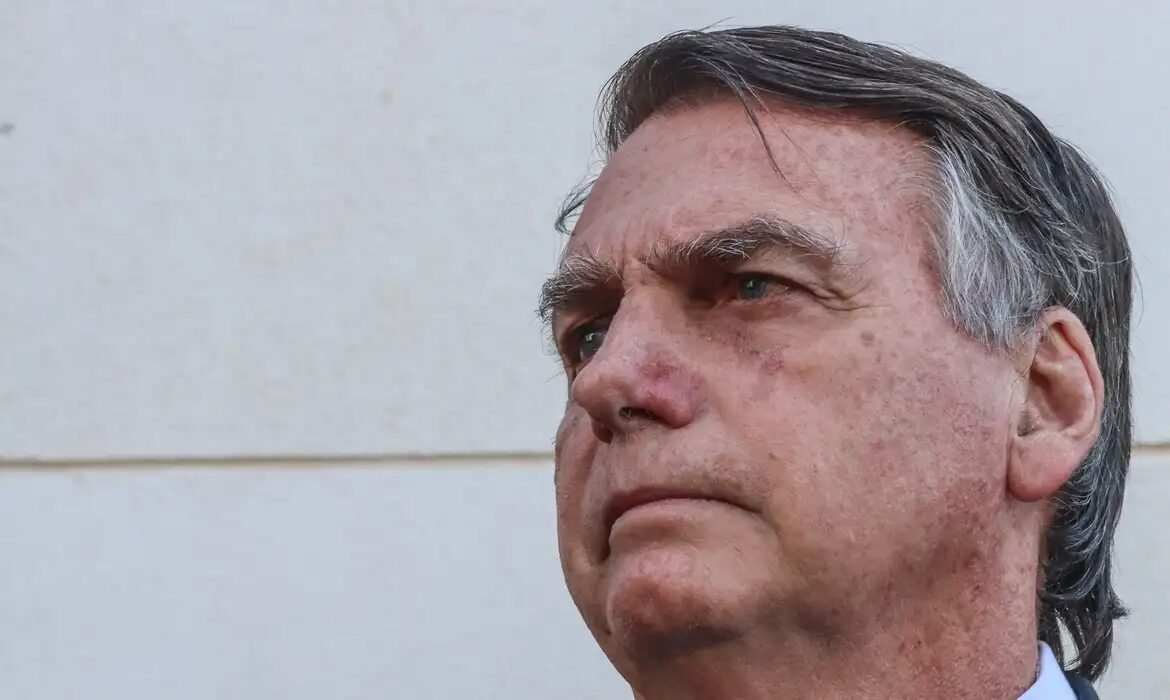The American newspaper The New York Times On Friday (29), an analysis of the trial of former President Jair Bolsonaro, scheduled to begin on September 2, in Brasilia. According to the publication, the way the lawsuit against the former president was conducted has generated doubts about democracy in Brazil and the concentration of powers in the hands of Minister Alexandre de Moraes, the Supreme Court (STF).
In the publication, the Times He mentioned that to arrive at Bolsonaro’s trial and his supporters, the Supreme Court has granted “new extraordinary powers” in recent years. In this context, the newspaper recalls, Minister Moraes began to command much -reach surveys. With enlarged powers, says the TimesMoraes ordered searches, censored accounts on social networks, blocked platforms and even arrested people without trial. Such measures guaranteed, according to the newspaper, “a transition of successful power in 2023” and now Bolsonaro’s trial, but have left a central doubt about the institutional balance in the country.
“Is this a dangerous authoritarian turn to the highest court in Brazil? Or is it an imperfect democracy trying to deal with an authoritarian threat in the internet age?” The text asks.
Heard by Times, Jurist Walter Maierovitch, a former Sao Paulo Court of Justice, said the Supreme Court has committed a series of “flaws and errors” in the process that is leading against Bolsonaro and his supporters.
“These mistakes do not erase or justify the attempted blow. But they should not be repeated,” Maierovitch said.
The American newspaper recalled that “At the end of last year, some Brazilian employees, jurists and constitutionalists began to express concern that Minister Moraes did not account for their acts and refused to give up their expanded powers, even after Bolsonaro was already out of office for two years. But now the Brazilian government and the Supreme Court fully bind to the country’s democracy to Minister Moraes.”
The attempted intervention of US President Donald Trump, in the ongoing process against the former Brazilian president was also mentioned in the text. THE Times He spoke about Trump’s letter to the Brazilian government, where he classified Bolsonaro’s trial as a “witch hunt” and announced tariffs against the country. The publication also showed that the US has applied sanctions based on the magnitsky law against Moraes.
O Times It also reports in its analysis that, within Brazil, criticism of the Supreme’s performance, including Congress, has grown, but so far no initiatives have not been thrived to hold Moraes responsible.
“[…] The president of the Senate of Brazil, the institution responsible for overseeing the Supreme Court, said that will not put in vote the request for impeachment of Minister Moraes, although colleagues senators claim to have enough votes to deprive him, ”says the text, which also cites the survey by Quaest that shows that 46% of Brazilians support the minister’s impeachment, while 43% are against.
The newspaper also noted that, on September 7, Independence Day, “the Brazilian right is planning mass protests to request the impeachment of Moraes and denounce the case against Bolsonaro.”
In Brasilia, however, it prevails “an air of inevitability regarding Bolsonaro’s conviction.” THE Times He notes that “the evidence against Bolsonaro, collected by police over almost two years, are extensive” and that “he himself said he discussed ways to stay in power, although he pointed out that all the options he was considering were measures provided for in the country’s constitution.”
The American newspaper reported that, to condemn the former president, “three of the five Supreme Ministers who supervise the trial must vote for the conviction.”
“This is considered highly likely, as the board includes Moraes; another minister who was Lula’s former Minister of Justice; and a third party who was Lula’s personal lawyer,” the text says.

